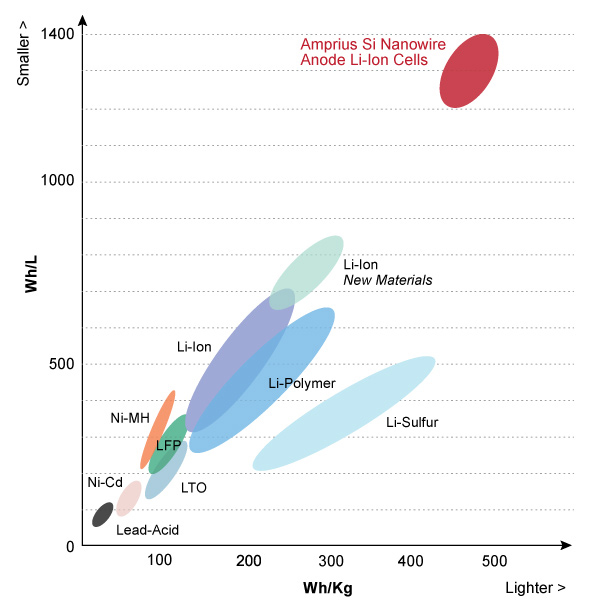Ravi Kempaiah
Well-Known Member
- Region
- Canada
- City
- Halifax
New electrode material that will provide million miles of usage and yet have more energy density than NMC 532.
More information to follow during the Tesla battery day in May.

 electrek.co
electrek.co
More information to follow during the Tesla battery day in May.

Tesla patents a new electrode for its 1-million-mile battery
Tesla patents a new NCA electrode that is likely going to be used in its new battery cell built in-house,...
 electrek.co
electrek.co









